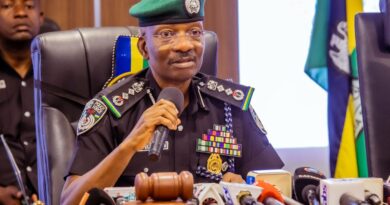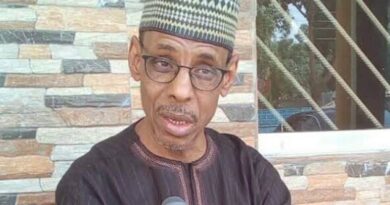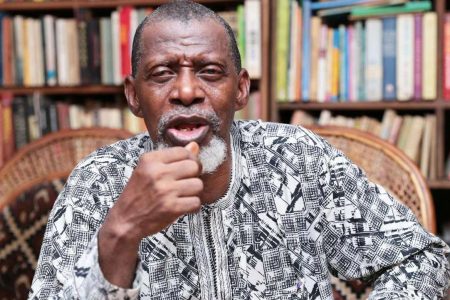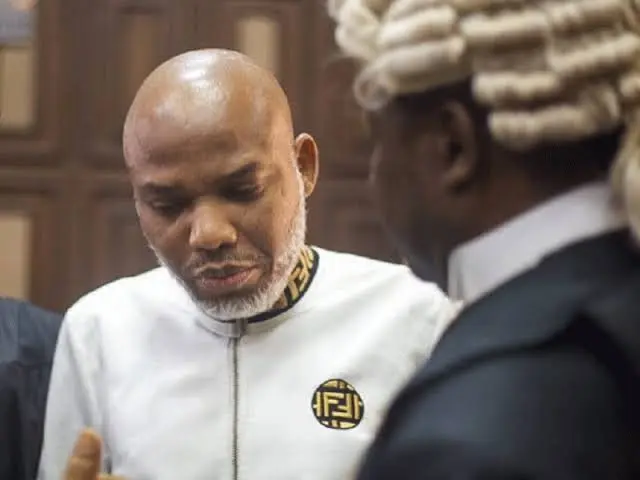Labour Party Faces Three-way Power Struggle Ahead of 2027 Elections
The Labour Party (LP), once riding high on the momentum of Peter Obi’s 2023 presidential run, is now deeply divided, with three main factions fighting for control. The split has created uncertainty about the party’s future and its ability to compete in the upcoming 2027 general elections.
Peter Obi’s entry into LP ahead of the 2023 polls boosted the party’s visibility and transformed the presidential race into a three-horse contest. However, internal peace didn’t last long after the elections. Tensions flared between former National Chairman Julius Abure and Deputy National Chairman (South) Lamidi Apapa, leading to court cases and a brief truce.
This calm ended when former LP Treasurer, Oluchi Okpara, accused Abure of failing to account for over N3.6 billion in party funds. Peter Obi demanded a forensic audit, but no results have been made public. The situation worsened when Abure convened a national convention in Nnewi on March 27, 2024, without key stakeholders, including Obi, Abia State Governor Alex Otti, and the Nigeria Labour Congress (NLC).
In reaction, the Obi-Otti camp formed a 29-member National Caretaker Committee led by Senators Esther Usman and Darlington Nwokocha. The committee planned to organize congresses and a proper convention, but Abure challenged this in court and temporarily won. However, the Supreme Court overturned the lower courts’ decision, citing lack of jurisdiction, giving both sides room to claim victory.
What exactly did the Supreme Court decide?
The Supreme Court didn’t declare a clear winner but dismissed Abure’s appeal, strengthening arguments from Obi and Otti’s faction. They believe the court’s decision nullifies the Nnewi convention and demands fresh congresses, starting from the ward level.
Meanwhile, Abure’s camp insists the judgment supports his continued leadership. They even held a National Executive Council (NEC) meeting affirming Abure’s chairmanship and warning Obi and Otti of disciplinary action if they held a parallel NEC meeting.
Governor Otti and Peter Obi maintain that Abure’s term expired and that the right thing to do is to restart the party’s leadership structure from the grassroots. They even offered Abure a soft landing as Board of Trustees Chairman, but he refused.
Defiant as ever, Abure’s faction, led by National Publicity Secretary Obiora Ifoh, accuses Obi and Otti of trying to hijack the party and insists a National Caretaker Committee is not recognized in LP’s constitution.
Currently, LP stands divided into three camps: Abure’s loyalists, the LP National Caretaker Committee backed by Obi and Otti, and a third faction led by Lamidi Apapa, who has resurfaced with fresh claims to leadership.
This unresolved leadership crisis threatens LP’s ability to present a united front in 2027. As Auwal Ibrahim of CISLAC warns, the party must resolve its internal conflict to remain a credible opposition. However, Chief Peter Ameh of CUPP remains hopeful that with respect for the Supreme Court ruling, the party can rebuild and welcome Nigerians willing to contribute to real change.
If the Labour Party hopes to maintain its 2023 momentum, it must find a way to reconcile its factions and restore internal democracy before the next elections.








